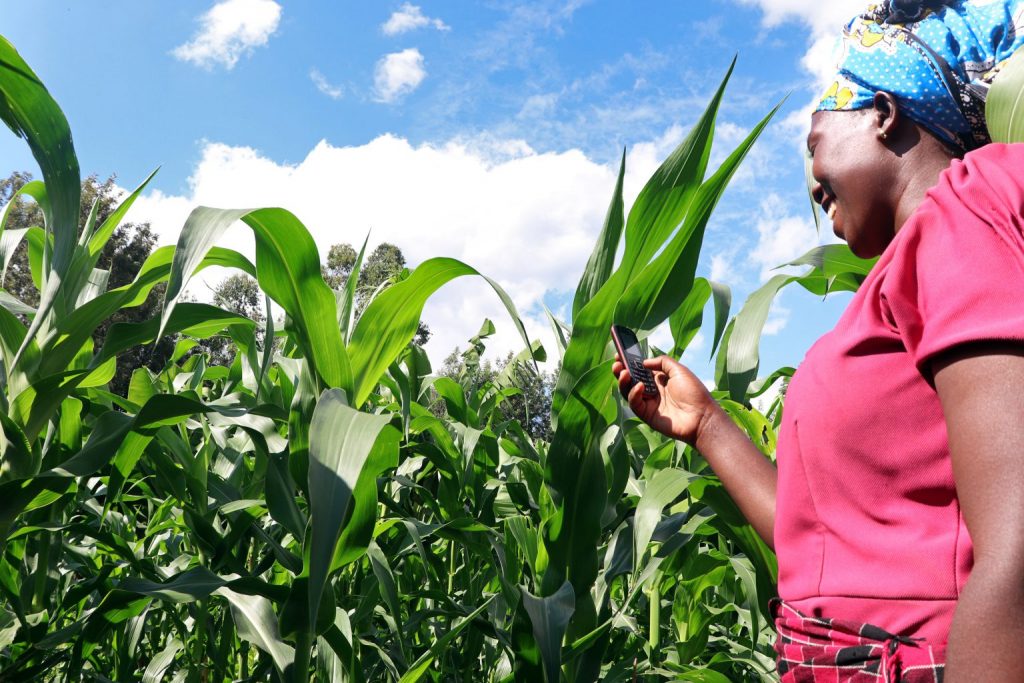Beyond the COVID-19, the food and agriculture landscape in Africa will change because of the pandemic in terms of processing and value addition, agri-food e-commerce among others according to a report by Selina Wamucii
The report titled “Impact of COVID–19 on Africa’s Agriculture: What the Coronavirus (COVID–19) Means for African Family Farmers and Fishermen”, shows how the food and agricultural landscape across Africa will be shaped by new developments in the future.
1. Processing and Value Addition
According to the report, due to the COVID-19 pandemic most countries supply chain got interrupted with boarders closing among others, therefore, to ensure this does not happen again in case of another pandemic, countries will seek to reduce reliance on cross-border imports mostly on food and have control of their food own production.
With the closed borders, African countries that export raw and unprocessed fresh produce to other markets have been affected greatly therefore for such countries to survive they will focus more on developing their value chains such as processing and value addition.
2. Agri-food E-commerce for Smallholder Market Access
With the social distancing measure, e-commerce is a reliable market for African farmers. E-commerce gives a signal as to how African farmers will access markets in the future, which will be fueled by cashless transactions such as mobile money, which has been missing in African e-commerce.
“Market access-specialized platforms and marketplaces for farmers across Africa, like Selina Wamucii, are going to facilitate the trend of more and more food and agro purchases moving online, amidst the COVID–19 pandemic”. The report read in part.
3. The rebirth of the cooperatives’ movement and cottage processors among African family farmers
According to the report, smallholder farmers had already been exposed to extreme poverty, hunger and climate change effects even before the pandemic.
The smallholder farmers who will fare better are the ones in already organized in functional groups or cooperatives through which government and other partners can provide support to rural farmers.
“Post-COVID–19, the cooperatives are also very key to supporting enhanced production and productivity, value-addition, and also market-access for smallholder-grown produce while also providing a safety net against market effects during a time like this”. The report read in part.
After the COVID-19 pandemic cooperatives provide an avenue to empower farmers through access to inputs, training and credit.
4. The African Continental Free Trade Area (AfCFTA) and family farmers
In a time when many countries are closing borders and restrictions and the high dependence of exports in African countries, African countries need to trade within themselves. With the Continental Free Trade Area alone estimated to boost intra-African trade by 33%, the COVID-19 will demonstrate why AfCFTA is necessary.
Also Read: Agriculture to help Africa’s economy stay afloat post-coronavirus crisis
